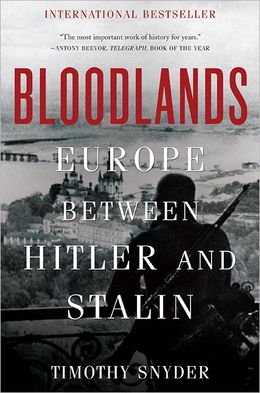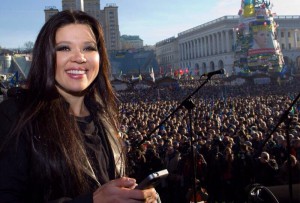
She – they – deserve a prize from the EU. But which prize should it be?
Celebrate the courage of Euromaidan! Honor its activists! Support democratic Ukraine! Remind Europeans everywhere just how important events in the largest country of Eastern Europe are for the future of the continent.
These are all things the European Union and the European Parliament can and should do. They have many tools at their disposal to do so. But is giving the 2014 Sakharov Prize to Euromaidan, as the EPP, the largest political group in the European Parliament, has now proposed, the most effective tool to use?
There are good reasons to doubt that it is. These reasons have nothing to do with what happened in Ukraine in early 2014, but rather what is not happening in the EU now. Tens of thousands of Euro and a ceremony on TV is not the prize that Ukrainians have fought for, and will do little for them in this dark hour.
What is a real prize?
Let us first ask: what do Ukrainians need from the European Union today?
With their country under attack, their territory occupied, their people displaced and their soldiers locked in battle with Russian and Russian-backed forces, Ukrainian society hopes for substantive support from the EU – material, financial and moral. This includes credible and sustained sanctions against Russia, holding them accountable for the annexation of swaths of Ukrainian territory. It includes economic aid, assistance in coping with rising numbers of internally displaced and support for the cold winter that is looming. And, perhaps most important of all, it includes the promises made in Article 49 of the Treaties of the European Union: that once Ukraine meets the specified criteria, it might also have the chance to join the European Union, without any neighbouring country holding the right to veto. Just as the Baltics and Poland have.
It was in order to keep such a perspective alive that many Ukrainians risked their lives last winter, waving the blue European flag. To sustain the momentum of the Maidan protests, the Ukrainian people voted for political parties that promised to work towards a European future. During his inauguration, Ukraine’s new president, Petro Poroshenko, again referred to the goals of Euromaidan. The European People’s Party also spoke of the movement’s vision, when it met in Dublin earlier this year.
This democratic vision is what the new European Parliament should be supporting today – through policy reform and concrete action. It is a vision that needs to be sold actively, both on the international stage and to European constituencies. The goals and ideals born out of Euromaidan need to be defended in the face of both indifference and skepticism. A strong restatement of this vision from the European Parliament – and meaningful and tangible support – would remind Ukrainians of what they are fighting for.
Of course, awarding a prize is much more simple than implementing palpable change. Standing on a podium next to people who have already become global stars in their own right, is easy. Perhaps it is too easy. It appears as a gesture of solidarity, but it is one without substance. At a moment when Ukrainians feel abandoned by Europe, a prize and accolades are not likely to reassure them.
There are other, more effective steps that could be taken to support Euromaidan, instead of giving the Sakharov Prize. For instance, the European Parliament could recognize the efforts of the Ukrainian people by bestowing a real award – the lifting of visa requirements for all Ukrainians. This is something that would truly benefit the people of Ukraine, carrying a strong promise of future EU integration.
By contrast, a symbolic gesture by the new European Parliament, at a time when Ukraine is facing profound existential threats, is a substitute for real action. This is not the first time such empty gestures have been made on the part of the European Parliament, though. In 2011, the EP took the obvious step of giving the Sahkarov prize to the activists of the Arab uprisings. The prize raised the hopes of brave activists for sustained support from Europe as they, like the activists in Ukraine, faced a watershed moment in their countries. But these expectations were never fulfilled.
An Egyptian prize winner was asked in 2011: “What could the EU and EP do to support the transition to democracy in the Arab world?” She noted: “I am against any form of foreign intervention, but I think the EP should insist on the application of universal humanitarian laws.” Today, many of the Tahrir Square activists are in prison, their organisations banned. The only European country that reacted strongly to this repression was Turkey.
Another 2011 Sakharov Prize winner, from Libya, explained: “[The Sakharov Prize] will be of great help to me and the Libyan people, because this is the first time that a Libyan received such a prize. So if you help me to do my job properly, it will help the Libyan people.” Today, Libya is in chaos.
The Syrian activist, Razan Zaitouneh, was a recipient in 2011 as well. Then in hiding, Zaitouneh was a human rights lawyer who had created the blog, “”Syrian Human Rights Information Link” (SHRIL), (which has since been taken down). On her blog she publicly revealed murders and human rights abuses committed by the Syrian army and police. Zaitouneh is quoted as saying: “The most beautiful part of the Syrian revolution is the high spirits of the Syrian people, who turned the protests into carnivals of song, dancing and chants of freedom, despite the bullets, arrests and tanks.” Since then, millions of refugees have had to leave Syria – although it is not the European Union that has given them shelter. On 9 December 2013, Zaitouneh, along with three other Syrian activists were kidnapped east of Damascus, in the city of Duma.
It was an easy decision to award a prize to courageous Arab activists in 2011. It was much more difficult to find practical ways to protect them and uphold their ideals. Awarding the Sakharov Prize was a gesture that failed to meet the expectations of long-repressed populations – much like the Arab Spring itself.
Shining the spotlight of attention
Euromaidan was the central story in Europe in 2014. The people who led it – Mustafa Nayem, Ruslana Lyzhychko and others – will be featured heavily in any review of this year’s events. They are famous, and they deserve to be.
In other words, by awarding them a personal prize, the European Parliament will add little to what the media and European leaders have already said. It will not bring the change that is now needed in Ukraine – Euromaidan is past the point where paying lip service and attention to their cause will solve the problems their country is facing. It is similar to awarding the Nobel Peace Prize to the first African-American president, right after he was elected. The White House suspected that the award was more about getting Obama to visit Oslo, than the achievements of a newly elected president. It certainly left the world – and human rights – unchanged. Is this really what human rights prizes are for?
Making a difference?
Alternatively, one should ask the question: what can awarding such a prize actually accomplish? Can – and should – the Sakharov Prize be used to make a real difference? Not just to the way we look at the past, but also to the future?
Today, human rights are under assault across Eastern Europe, from Russia to Azerbaijan. Ukrainian political prisoners have fortunately been released as a result of Euromaidan. But 2014 has also seen dozens of dissidents elsewhere become targets of persecution.
In Azerbaijan, there are dozens of activists in prison; not victorious, but languishing; not celebrated, but isolated and unknown to much of the world. They are there for defending the values of free speech – the core idea behind the Sakharov Prize. They are paying the price for protecting the European Convention of Human Rights, but remain largely ignored by democratic Europe.
By nominating these human rights defenders for the Sakharov Prize, the European Parliament would celebrate the same values for which Ukrainians took to the streets. But it would also do something that has been difficult to achieve thus far. Something that Azerbaijani civil society is in desperate need of.
The human rights situation in Azerbaijan is not getting the attention or media coverage that Euromaidan has. Both causes are undoubtedly worthy of recognition. However, bringing attention to the plight of Azerbaijani activists by nominating them for the Sakharov Prize will result in substantive change, more so than would nominating Euromaidan. Ukraine is instead in need of a much different reaction from the European Parliament. It would be a missed opportunity not to take advantage of the power that the Sakharov Prize can have. The EP was successful in using the award to raise awareness about a dire situation in 2006, when it drew the attention of the world to the fate of Alexander Milinkevich, leader of the opposition in Belarus.
In this way, the European Parliament would also assert the value of human rights in petro-states, such as Azerbaijan – even those that have already invested millions in buying friends throughout Europe. After assuming chairmanship of the Council of Europe in May 2014, Azerbaijan has used its influence in the Council to launch an unprecedented assault on civil society. It is an autocracy with the same values and the same approach to “freedom” as Russia under Vladimir Putin. And we have seen what can come from such leaders, should they ostensibly be allowed to run free with their repressive tactics.
So, will European parliamentarians take a path that is obvious and uncontroversial? Or will they send a signal that could make a real difference? Honouring dissidents in Azerbaijan could have real impact. It might even save lives. It would be acting with a strong voice, not reacting passively.
Let me repeat: this is not about the relative merits of the various candidates. Euromaidan deserves the highest recognition. It deserves a prize from the EU. So this is our proposal: recognise Ukraine’s struggle with actions that will truly benefit its people, with the kind of support that is appropriate for where Ukrainians are in their fight towards liberalisation: put Ukraine on the white Schengen list and grant visa-free travel. And give the Sakharov Prize to the forgotten activists of today; human rights defenders who are suffering in the shadows as you read this, in prison for speaking out on behalf of others.
For more information:
ESI on Ukraine 2014
- ESI newsletter: Why they look West – Ukraine, poverty and the EU (21 March 2014)
- Rumeli Observer: Why they look West – Ukraine, poverty and the EU (20 March 2014)
- ESI newsletter: After Maidan – a new generation of progress reports – new visa paper (27 February 2014)
- Rumeli Observer: Kiev and the cost of EU enlargement on hold (21 February 2014)
- ESI news: ESI presentation in Kiev at public round table discussion on visa-free Europe (28 January 2013)
ESI on Azerbaijani human rights defenders
- Leyla Yunus, Rasul Jafarov, Intigam Aliyev – Candidates for the European Parliament Sakharov Prize 2014
- Anar Mammadli – Shortlisted for the Council of Europe Vaclav Havel Prize 2014
- ESI Briefing: How to contact your MEP
- ESI Briefing: The jails of Azerbaijan – A chronology of recent repression by the chairman of the Council of Europe

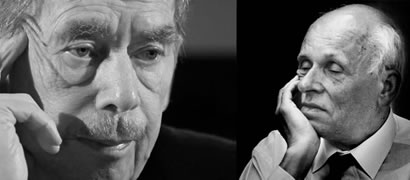
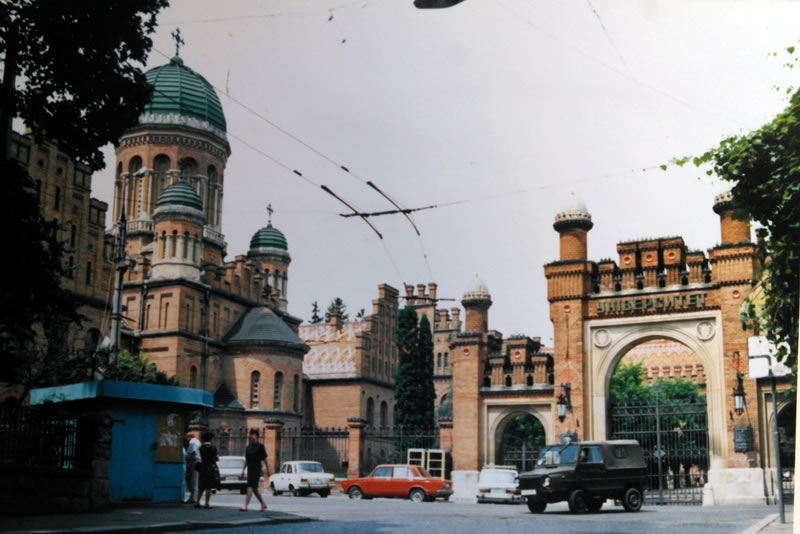
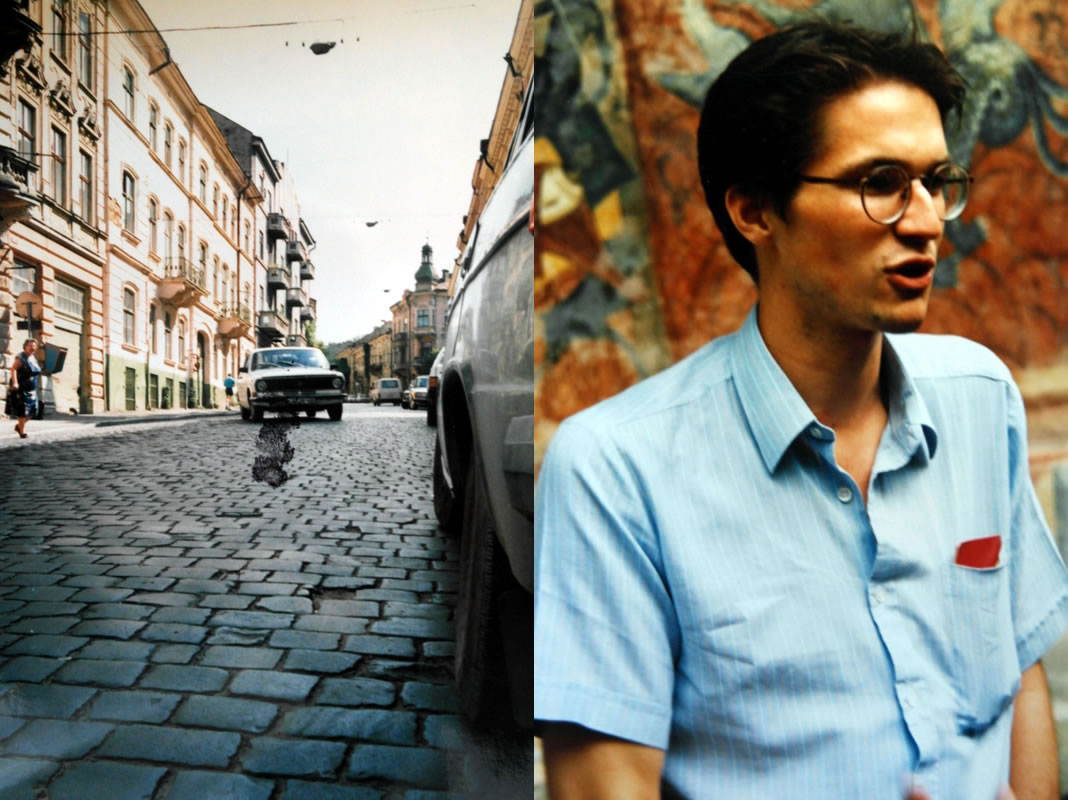
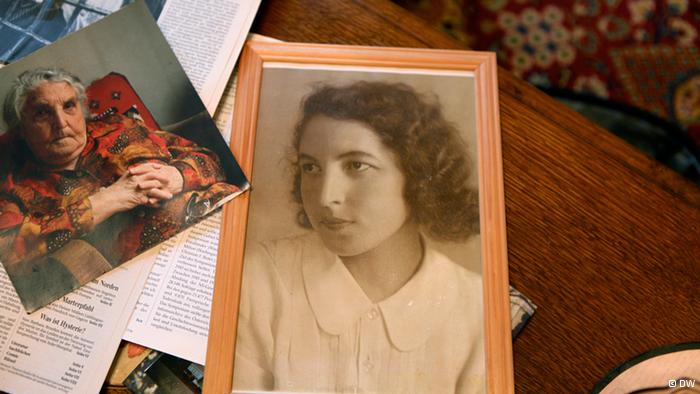
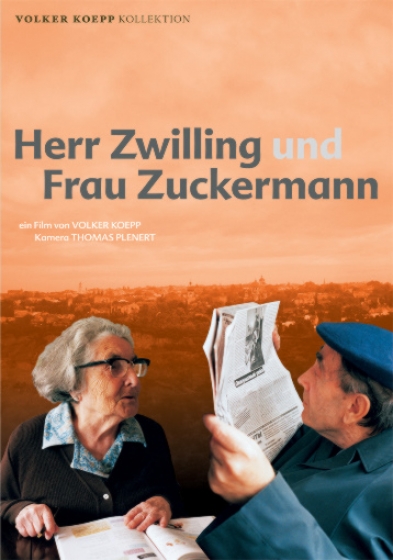

 The Palace of Europe in Strasbourg
The Palace of Europe in Strasbourg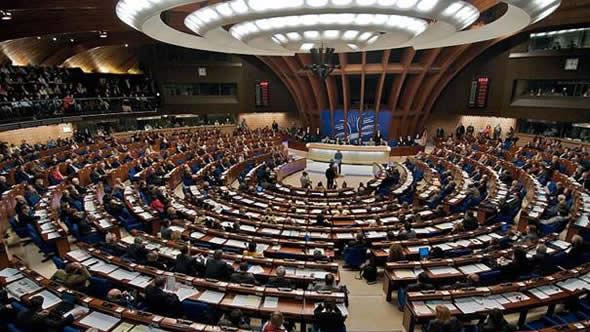 Council of Europe
Council of Europe
